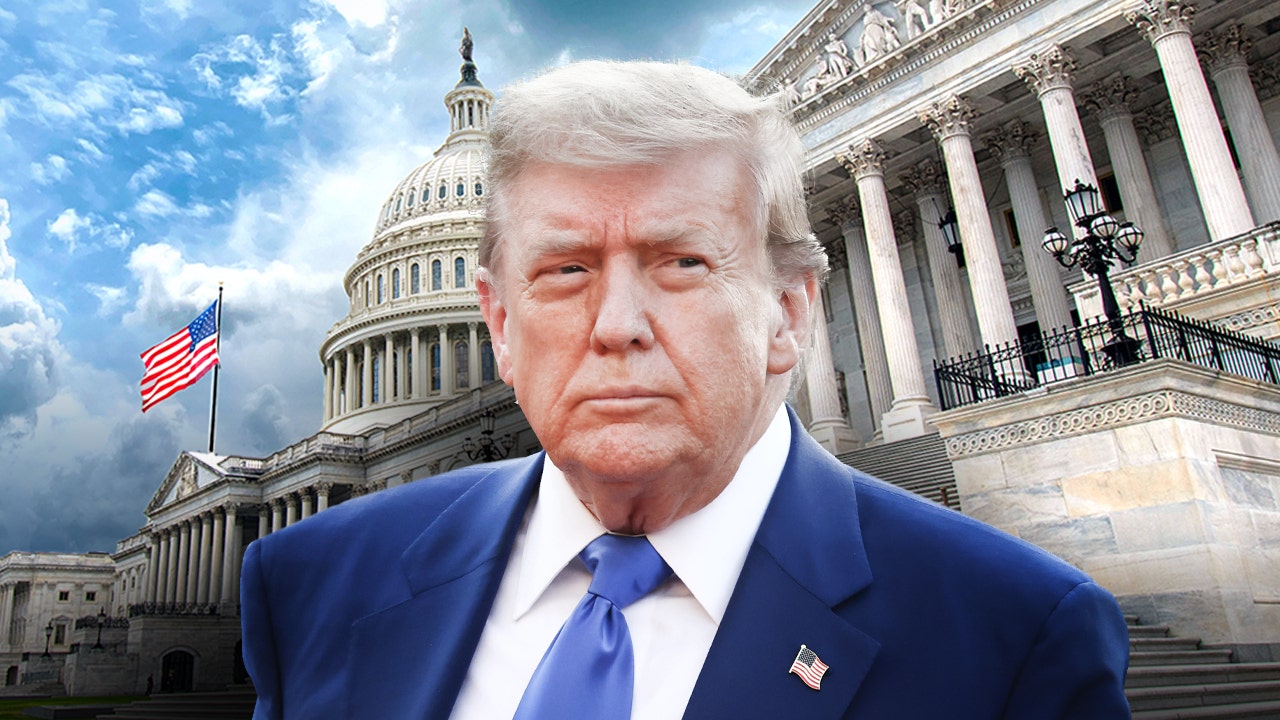Trump’s $3.3T bill raises debt limit, adds Medicaid work requirements

President Donald Trump signed his $3.3 trillion “big, beautiful bill” on Friday, marking a significant milestone in his administration’s economic policy. The bill, which had been passed by the House the day before to meet the president’s July 4 deadline, includes key provisions that will permanently establish individual and business tax breaks that were first introduced in Trump’s 2017 Tax Cuts and Jobs Act. Additionally, the bill introduces new tax deductions aimed at reducing taxes on tips and overtime pay.
In his remarks before signing the bill, President Trump emphasized the positive impact he believes it will have on the economy. He expressed confidence that the bill would “fuel massive economic growth” and benefit hard-working Americans. Trump highlighted the fact that the legislation makes the child tax credit permanent for millions of American families and eliminates taxes on tips, overtime, and Social Security for seniors.
One of the most controversial aspects of the bill is the provision that raises the debt limit by $5 trillion. This move has drawn criticism from figures such as Elon Musk, who has been vocal about his opposition to wasteful government spending. The bill also rescinds certain green energy tax credits introduced during the Biden administration and allocates significant funds for defense and Trump’s mass deportation initiative.
Trump took the opportunity to criticize wind energy, claiming that it is ineffective, expensive, and harmful to the environment. He also questioned the origin of wind turbines, noting that many are manufactured in China.
In addition to tax reforms, the bill includes Medicaid and SNAP reforms that introduce work requirements for recipients of these programs. These changes are aimed at encouraging self-sufficiency among beneficiaries and reducing dependency on government assistance.
The passage of the bill was not without challenges, as Senate Republicans faced hurdles in meeting the president’s deadline. The Senate barely passed the measure by a slim margin, with Vice President JD Vance casting the tie-breaking vote. The legislation then underwent further revisions in the House before being sent to the president’s desk for final approval.
Despite strong opposition from Democrats, who criticized the bill as “cruel” due to its impact on Medicaid and SNAP beneficiaries, President Trump and his administration hailed the legislation as a significant achievement. The president emphasized the importance of the bill in securing the border and advancing his agenda to “make America great again.”
Overall, the signing of the “big, beautiful bill” represents a major victory for President Trump and his economic policies. The legislation is expected to have far-reaching implications for the economy and the American workforce, setting the stage for continued growth and prosperity in the years to come.




